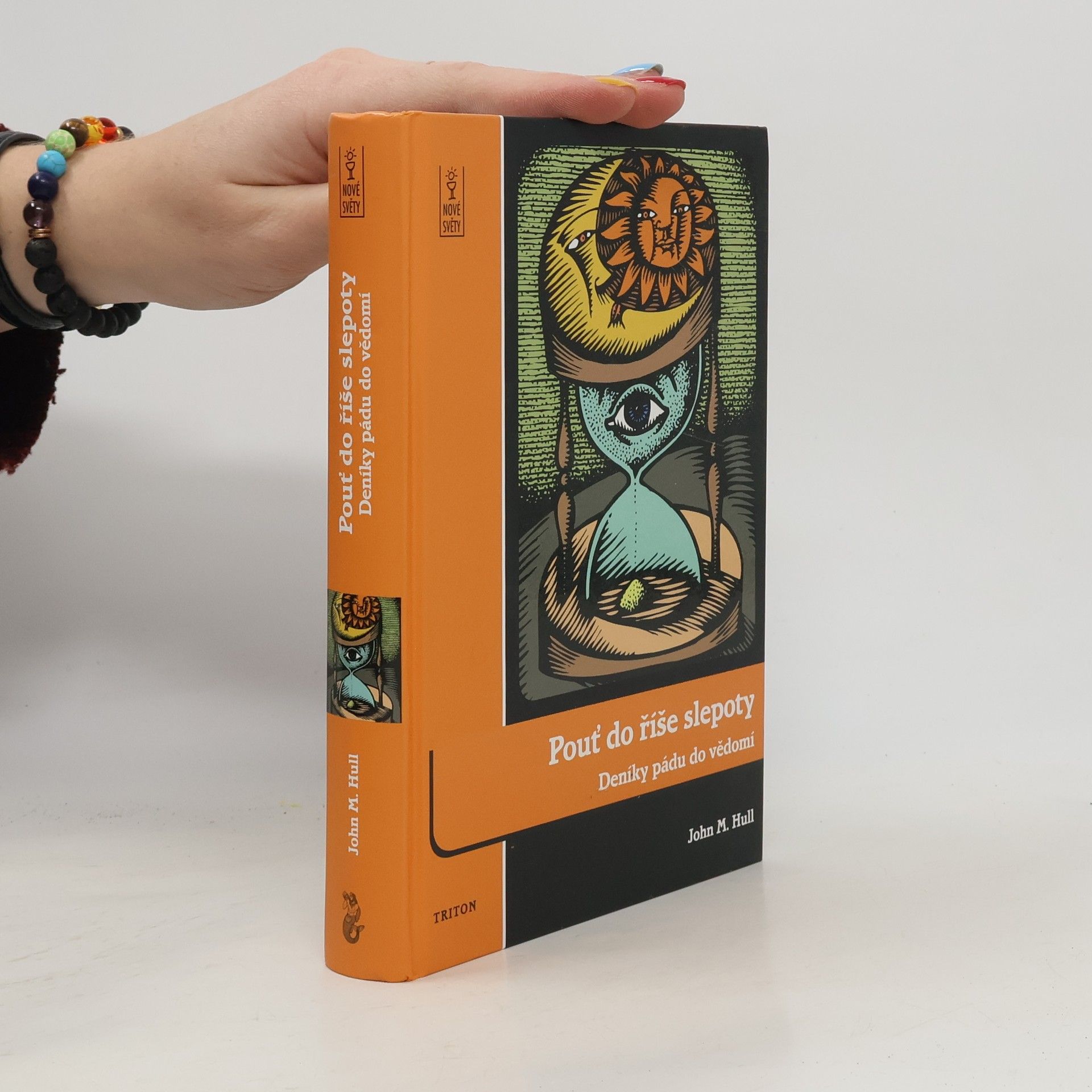Als der Universitätsdozent John Hull erblindet, ist er Anfang 40. Er hat kurz zuvor geheiratet, ein Baby ist unterwegs. Seine Erfahrungen, was es heißt, das Augenlicht zu verlieren, hält er täglich auf Tonband fest. „Im Dunkeln sehen“ ist aber nicht nur eine Erzählung über den Kampf mit dem Unabwendbaren. Das Buch schildert auch die Entdeckung einer anderen als der sichtbaren Welt, für die uns Sehenden die Sinne fehlen. Eine Welt, die mit Ohren, Füßen, Haut und Haaren wahrgenommen wird. Hull schildert, wie er lernt, die Welt um ihn herum aus dem Geräusch des fallenden Regens zu „lesen“, das Vergehen der Zeit zu spüren, ohne Morgen-oder Abenddämmerung wahrzunehmen, und zu akzeptieren, dass er niemals das Gesicht seiner Tochter erblicken wird. „Man muss sich neu erschaffen, oder man wird zerstört“, resümiert er seine Erfahrung. Sein so persönliches wie poetisches Buch lässt den Leser teilhaben an der Erkundung anderer Möglichkeiten als den geläufigen, die Welt wahrzunehmen, und so einer zu werden, „der mit dem ganzen Körper sieht“.
John M. Hull Bücher
John Martin Hulls wissenschaftliches Werk befasste sich mit Religionspädagogik und praktischer Theologie, wobei ein besonderer Schwerpunkt auf den theologischen und persönlichen Auswirkungen von Behinderung lag. Seine eigene Erfahrung, im mittleren Karrierestadium zu erblinden, prägte seine Reflexionen und Schriften tiefgreifend und bot einzigartige Einblicke in die menschliche Verfassung und den Glauben. Über seine akademischen Tätigkeiten hinaus war er ein engagierter Herausgeber und Mitbegründer internationaler Foren, die den Diskurs in seinen Fachgebieten förderten. Seine spätere Arbeit vertiefte sich weiterhin in die praktische Theologie und festigte sein Erbe als nachdenklicher und einflussreicher Geist.



Autobiografie slepce, se zaměřením na období jeho úplné slepoty a na niterné pocity a sny nevidomého člověka. John M. Hull však nepíše jen o svých pocitech, obavách, frustracích a nadějích. Vypráví také o tom, jaké konkrétní překážky musel coby úplný slepec překonávat v každodenním životě a jak oslepnutí ovlivnilo jeho vztahy k blízkým lidem, přátelům, kolegům. Narodil se 22. dubna 1935 v Corryongu na severovýchodě australského státu Victoria a dnes je emeritním profesorem náboženské výchovy na Birminghamské univerzitě v Anglii. Potíže se zrakem měl již od útlého dětství a registrovaným nevidomým se stal v roce 1980. Jeho čtenářsky velmi úspěšný deník o zkušenostech se slepotou vyšel již v roce 1990 pod názvem „Dotýkat se kamene: zkušenost se slepotou“ (Touching the Rock: An Experience of Blindness). Tato kniha je reedicí tohoto deníku, doplněnou o některé pasáže, jež v původním vydání chyběly, a o četné postřehy z pozdějších let. Je strhujícím svědectvím o pocitech člověka snažícího se přizpůsobit neznámému světu slepoty.